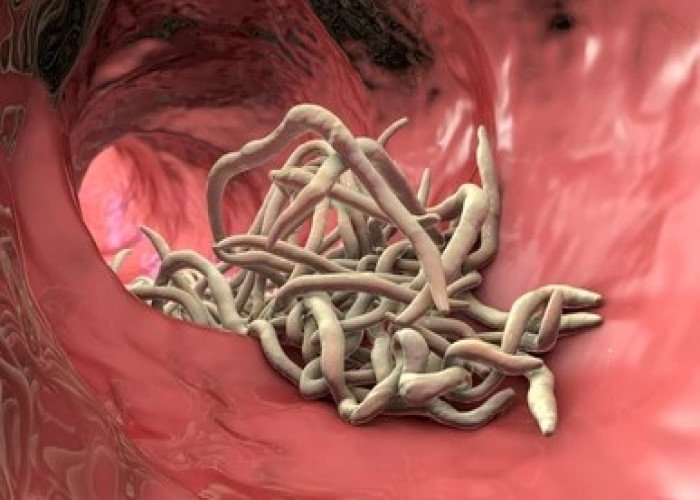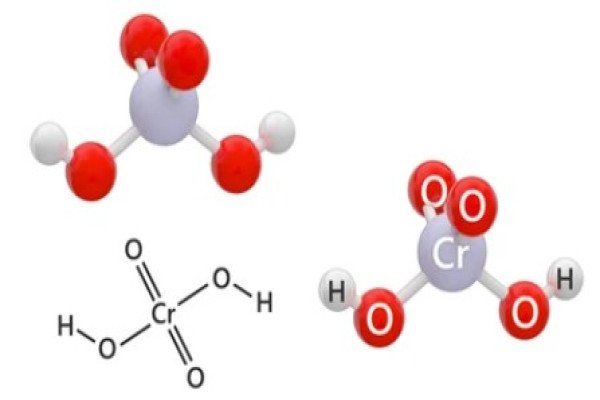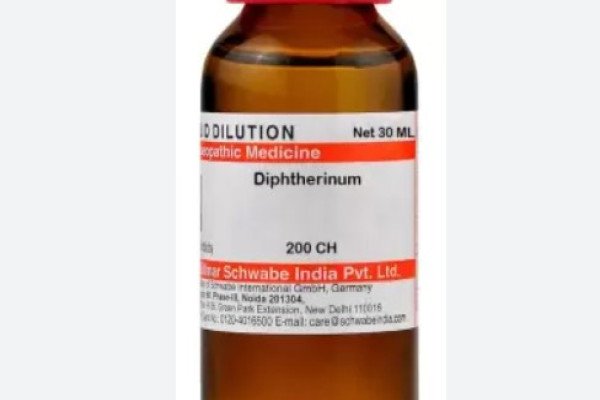 Welcome
Welcome
“May all be happy, may all be healed, may all be at peace and may no one ever suffer."
Diphtheria - Homeopathic remedies
Diphtheria is a bacterial infection caused by the bacterium Corynebacterium diphtheriae. It can be spread through respiratory droplets or by contact with contaminated objects or skin.
Symptoms of diphtheria may include fever, sore throat, swollen glands in the neck, difficulty breathing or swallowing, and a thick gray coating on the back of the throat. In severe cases, diphtheria can cause complications such as heart failure, paralysis, and even death.
Diphtheria is a vaccine-preventable disease, and routine vaccination is recommended in many countries, including the United States. The vaccine is typically given as a combination vaccine with other vaccines, such as the tetanus and pertussis vaccines.
Treatment for diphtheria typically involves administering antitoxin medication to neutralize the toxin produced by the bacteria, as well as antibiotics to kill the bacteria. Hospitalization may be required for severe cases or for individuals at high risk of complications.
It is important to seek medical attention promptly if you or someone you know is experiencing symptoms of diphtheria or has been exposed to someone with the disease. Early diagnosis and treatment can help prevent serious complications and improve outcomes.

Too much sleep

Worm

Aversion to food

Tone break

Lot of urine

Gallstones

Pale face

Kidney inflammation
Diphtheria, ডিপথেরিয়া
To be happy, beautiful, healthy, wealthy, hale and long-lived stay with DM3S.






